Whether you are spending holidays away or at home, this time of year often brings increased time pressure, financial strain and the pull of multiple social, work and family obligations. This is also the time of year when you tend to compromise your self-care. You might sleep less, drink more alcohol, eat more foods heavy in carbohydrates and sugars, and skip your exercise routines. That’s a perfect recipe for anxiety. Here are some insights and quick strategies to help you manage anxiety before it puts a damper on your holiday fun.
Carol Povenmire, Ph.D., is a licensed psychologist with a practice in Pasadena, California.REMEMBER THE RUMPELSTILTSKIN EFFECT

REDEFINE ANXIETY

Anxiety becomes more intense when it is perceived as a sign of loss of control or a symptom of weakness. It is important to redefine the experience of anxiety as an opportunity to learn new skills. Relabeling anxiety in this way reduces its threat potential. If you perceive something as a threat that must be immediately overcome, it amplifies your own state of physiological arousal and gives the experience the power to challenge your sense of mastery or control.
You tolerate mild levels of discomfort much of the time. You get hungry, annoyed, cold, or sick. Perceiving anxiety as a form of temporary discomfort, and one that can be made more tolerable with new skills, gives new meaning to your experience.
TRANSFORM AROUSAL INTO PHYSICAL ACTION
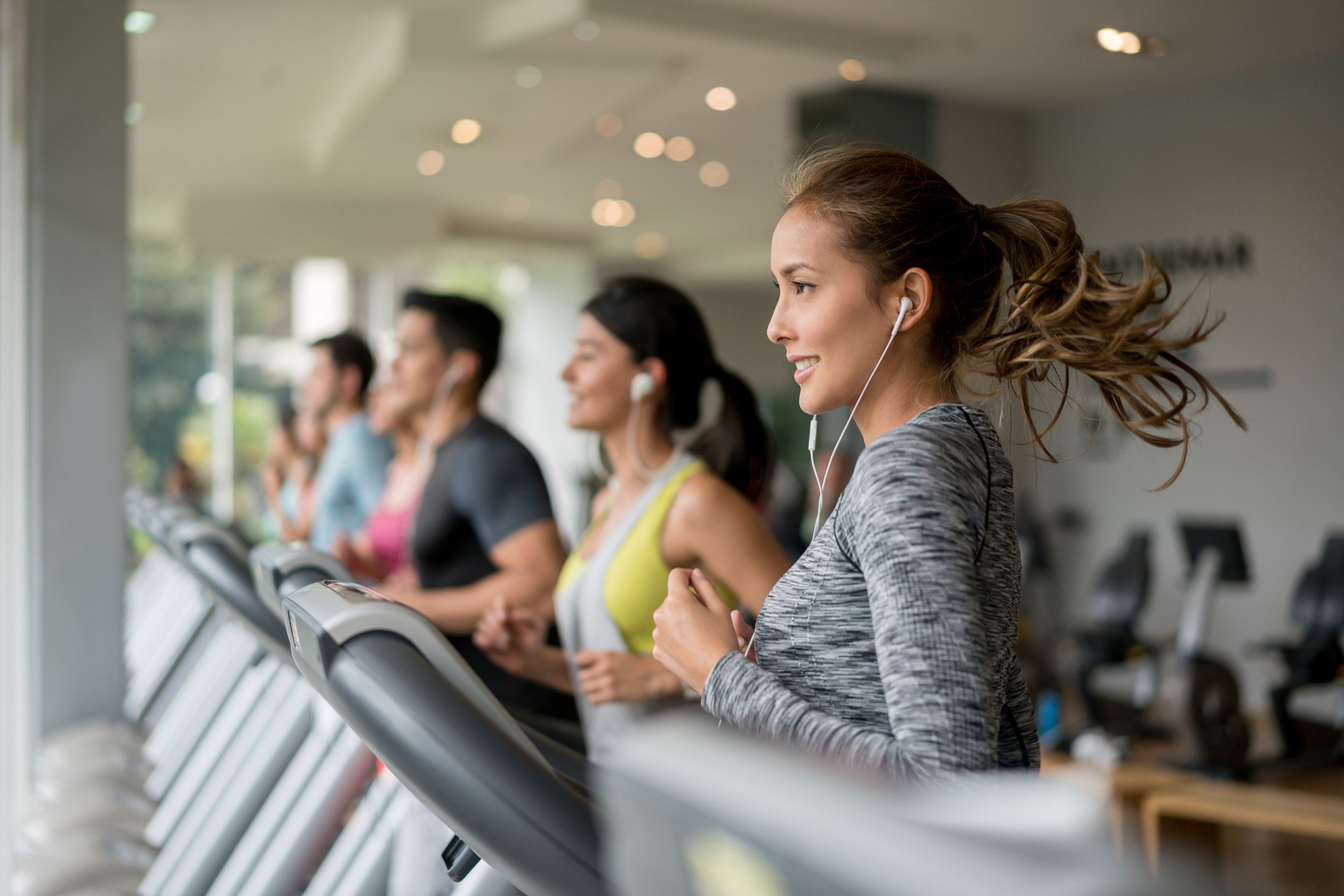
Reduce anxiety by discharging the supply of stress-related hormones, including adrenaline and cortisol, in your body. Some forms of vigorous exercise also produce an endorphin release. Endorphins are natural hormones that have a calming effect on mood and also reduce physical pain. These physical releasers could include:
– Walking or hiking – Running – Swimming – Jump-roping – Rock climbing – Playing tennis or hitting baseballs in a batting cage – Chopping wood
While outdoor exercise has the additional effect of changing your physical environment, you can also exercise indoors on a stationary bike, treadmill, or rowing machine. Cleaning and dancing are also physical releasers.
TRY THREE BREATHING TECHNIQUES
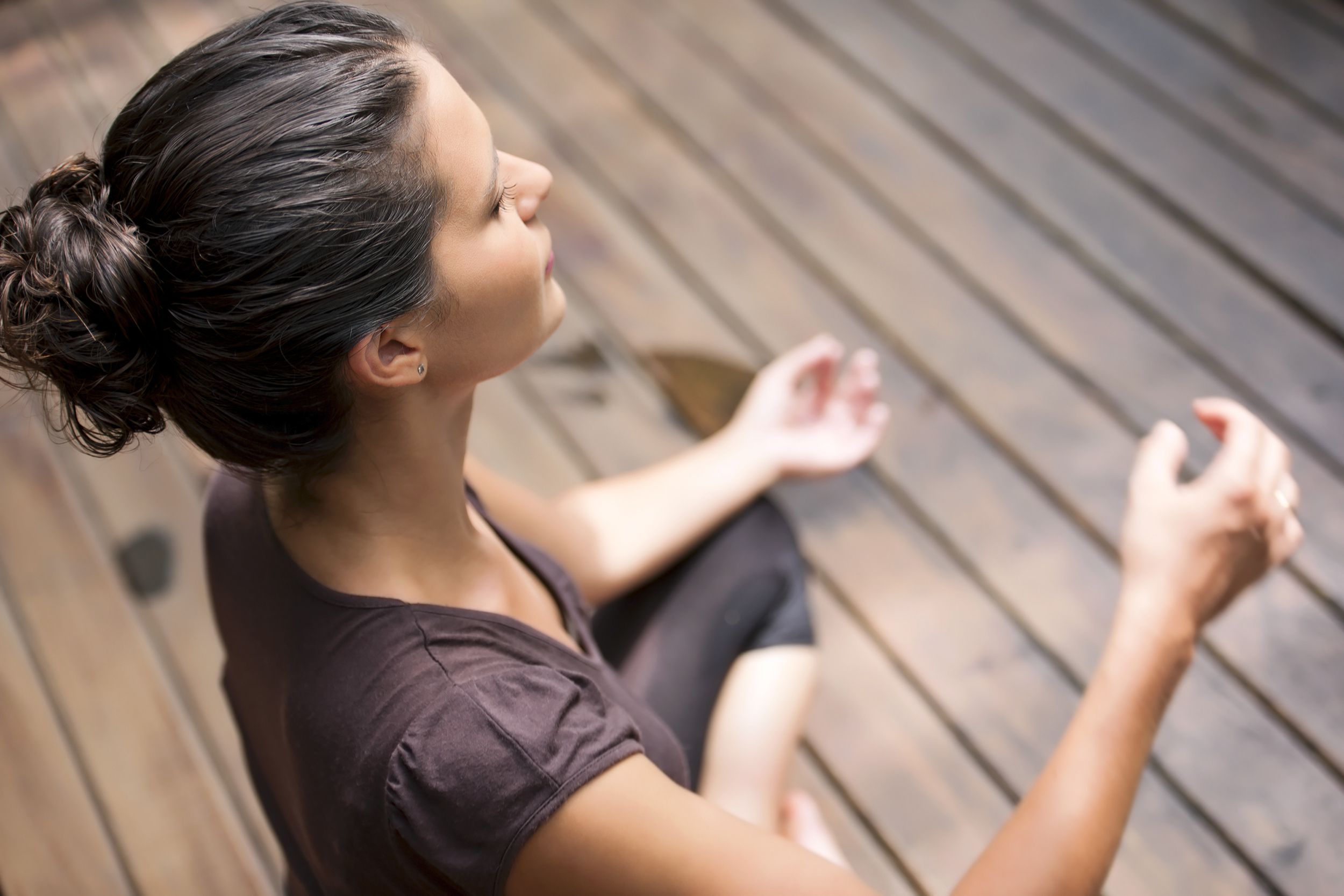
EXERCISE #1: BELLY BREATHING
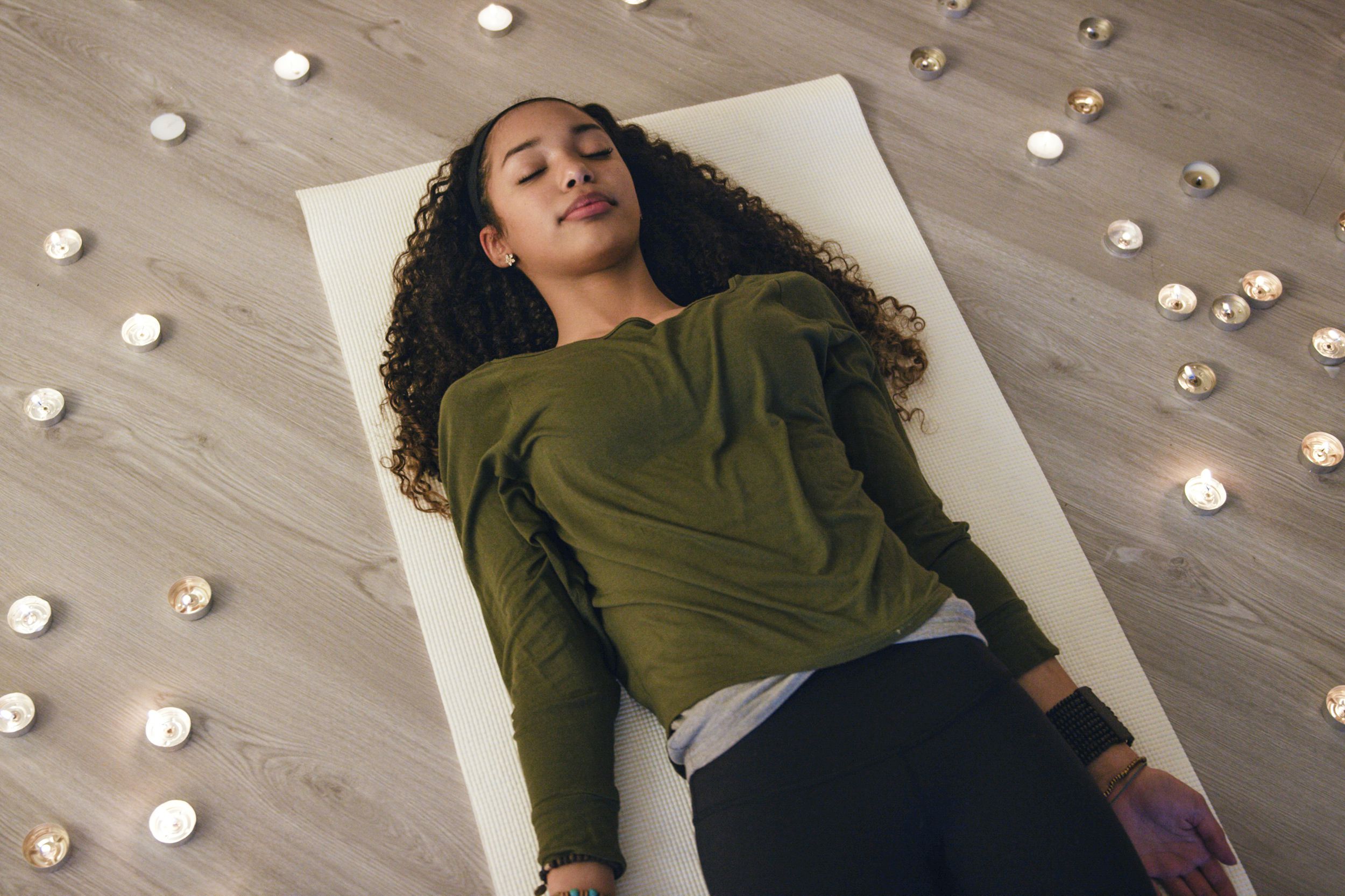
Trending on Cheapism
EXERCISE #2: COUNTING BREATHS

EXERCISE #3: ALTERNATING NOSTRILS
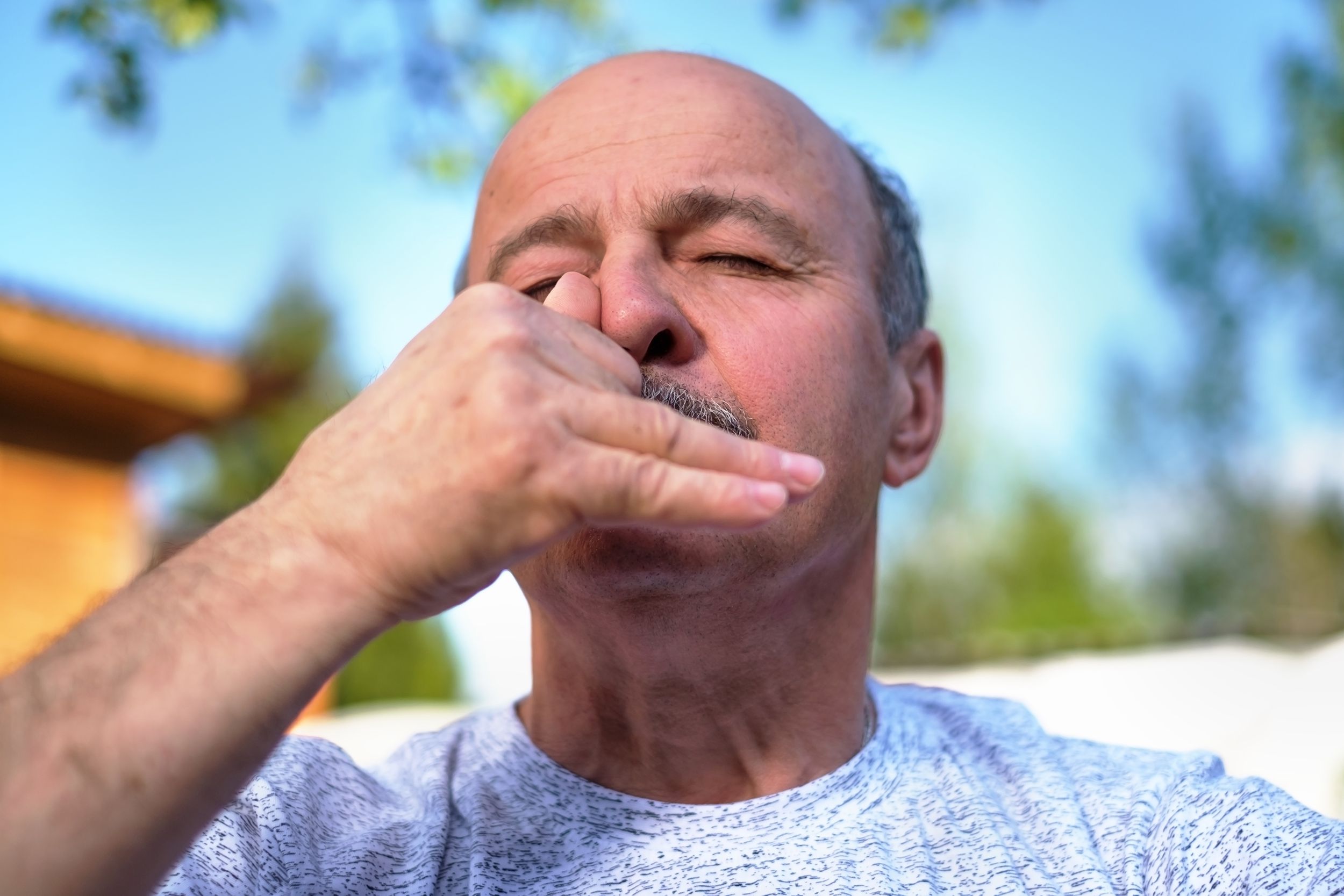
Alternate nostril breathing is an additional option. Cover one nostril with one hand and inhale slowly. Then cover that nostril with your hand, and exhale slowly out of the other nostril. Imagery can also be helpful. Imagine breathing in cool blue air and breathing out hot red air.
Try these exercises for 10 to 15 minutes and notice any changes in your level of anxiety.
MEDITATE
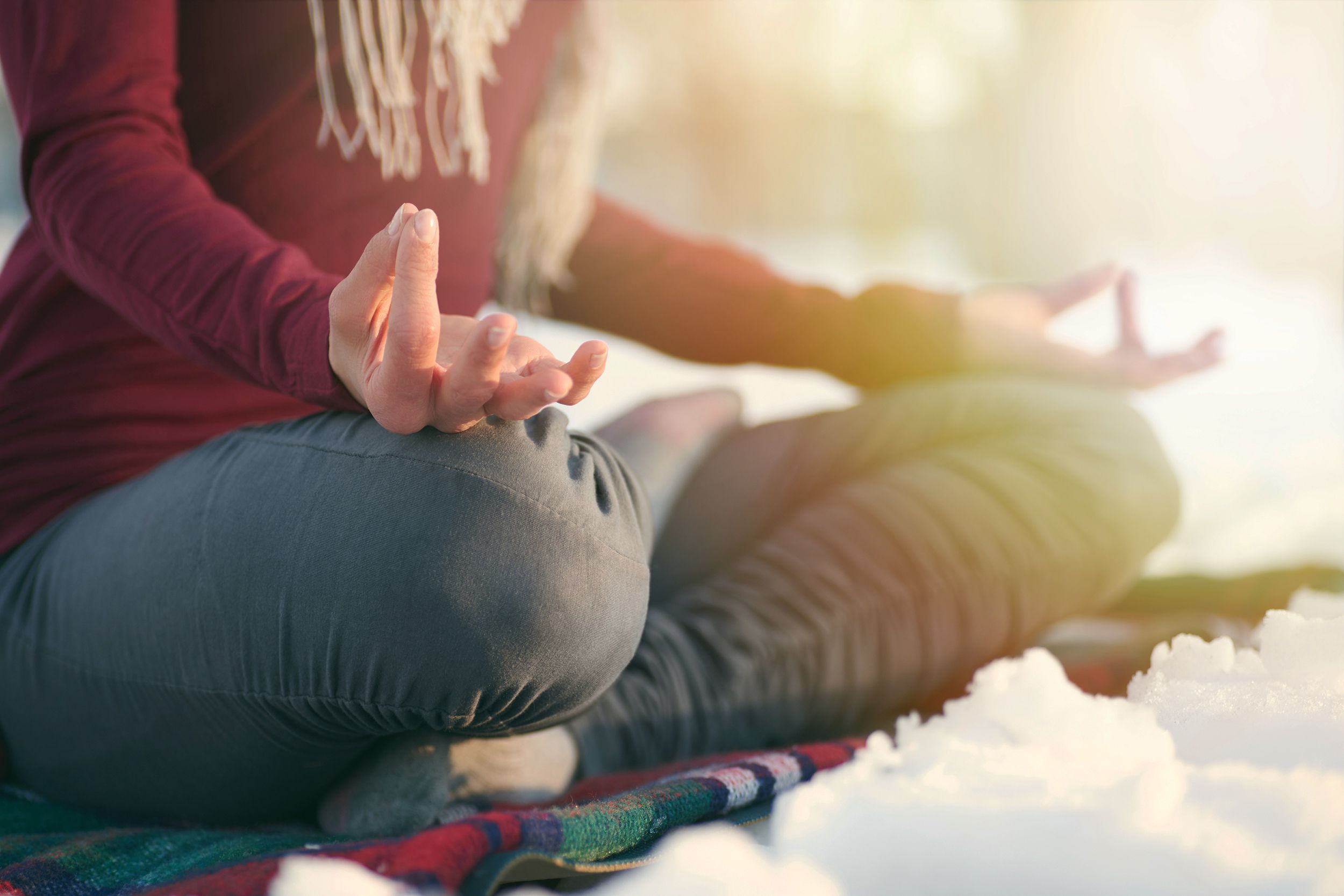
Sign up for our newsletter
GET DISTRACTED
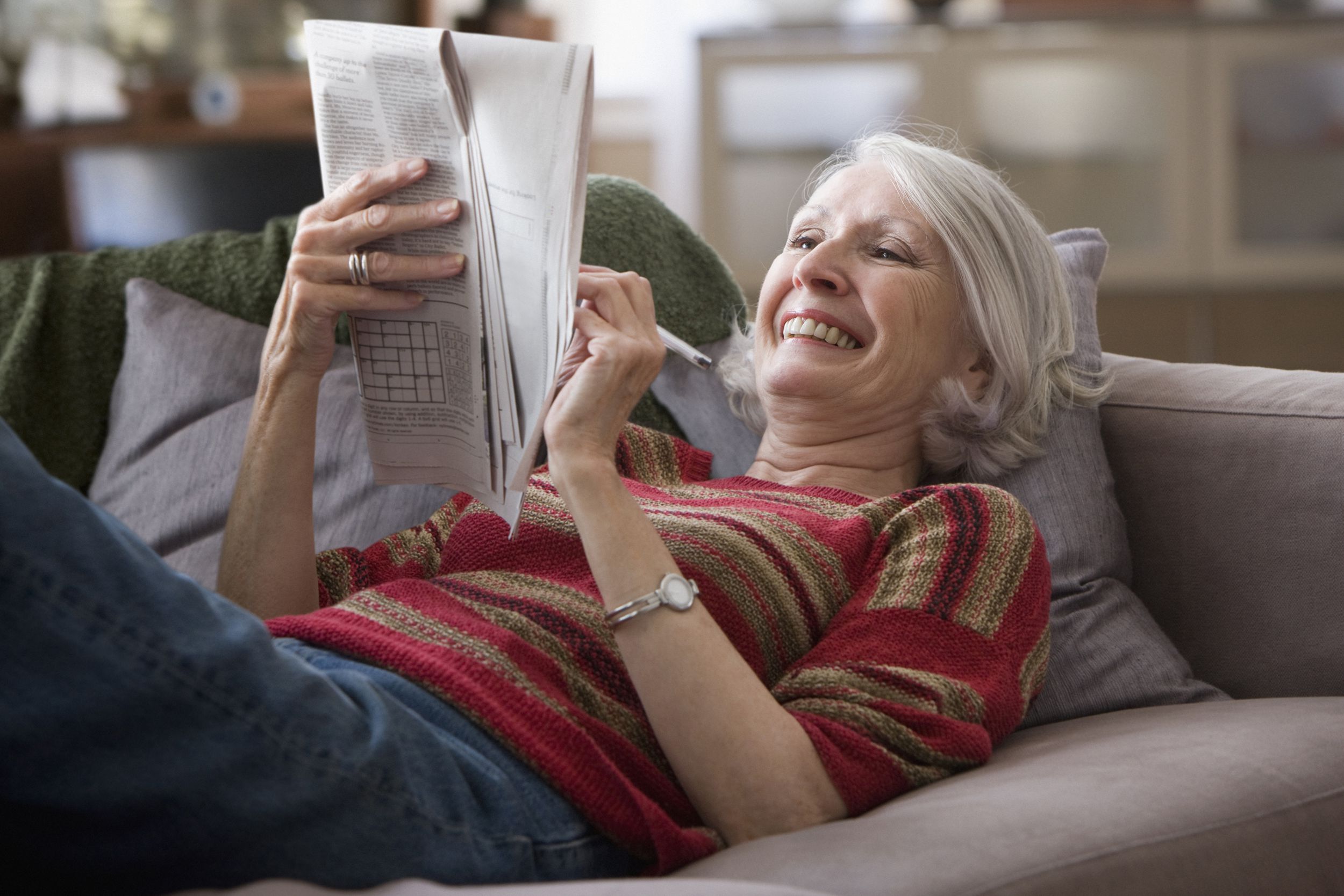
One of the most effective strategies for intrusive anxiety is cognitive distraction. Rather than focusing intensely on your internal state, you focus away from it. You often increase your symptoms of anxiety by monitoring them closely, so redirecting your attention reduces anxiety. Distraction can also channel feelings of helplessness or paralysis into tangible outcomes that affirm your ability to change situations and make decisions.
Distractions include: – Watching TV or movies – Listening to radio, podcasts or music – Counting Backwards from 100 by 7s – Reading – Doing puzzles – Organizing and filing – Cleaning – Cooking – Sewing, knitting or needlework – Rolling coins
CLEAR THE CLUTTER

Create a calming environment by reducing clutter and disorder. Changing the physical environment by clearing surfaces makes your surroundings a peaceful sanctuary. Enhance your comfort more by playing relaxing music, using soft lighting and smelling your favorite scent. Avoid media that amplifies on violence or conflict.
If you share your home with others, look for a separate space or portion of a room that you can use for a personal retreat, or find an easily accessible alternate place such as a library.
FIND THE RIGHT WORDS
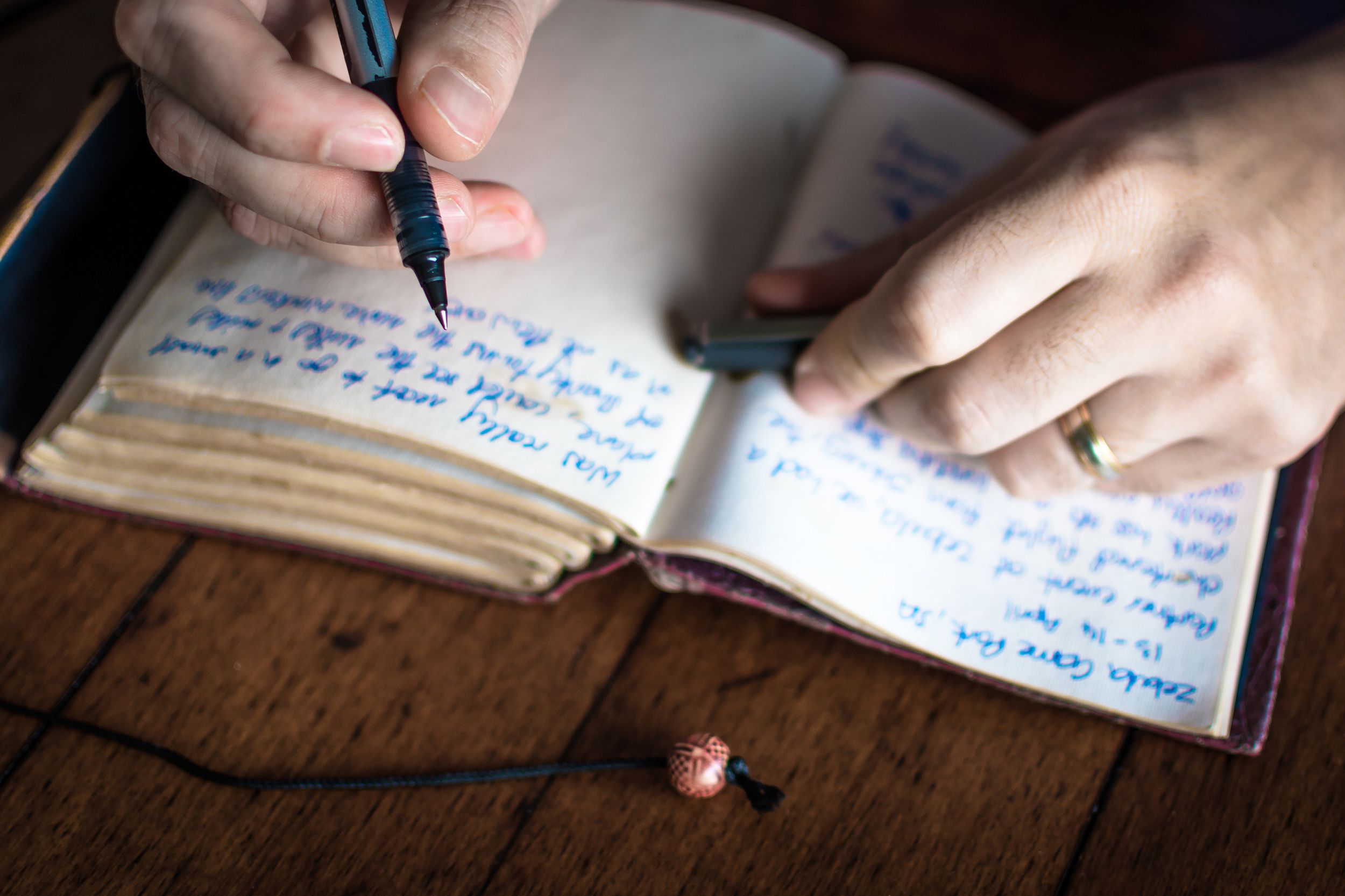
Journaling is an excellent way to explore and express feelings. By writing them down, you are externalizing them and letting them go. Journaling also allows you to identify possible distortions or exaggerations in your thinking, and to highlight new ways of responding to events.
You can also provide comfort and consolation when anxious by reading affirmations or through prayer. Affirmations are simple statements that encourage us to reflect on our feelings, behavior and circumstances in new ways. Write your own affirmations or look online for some examples.
TRY PHYSICAL CONTACT
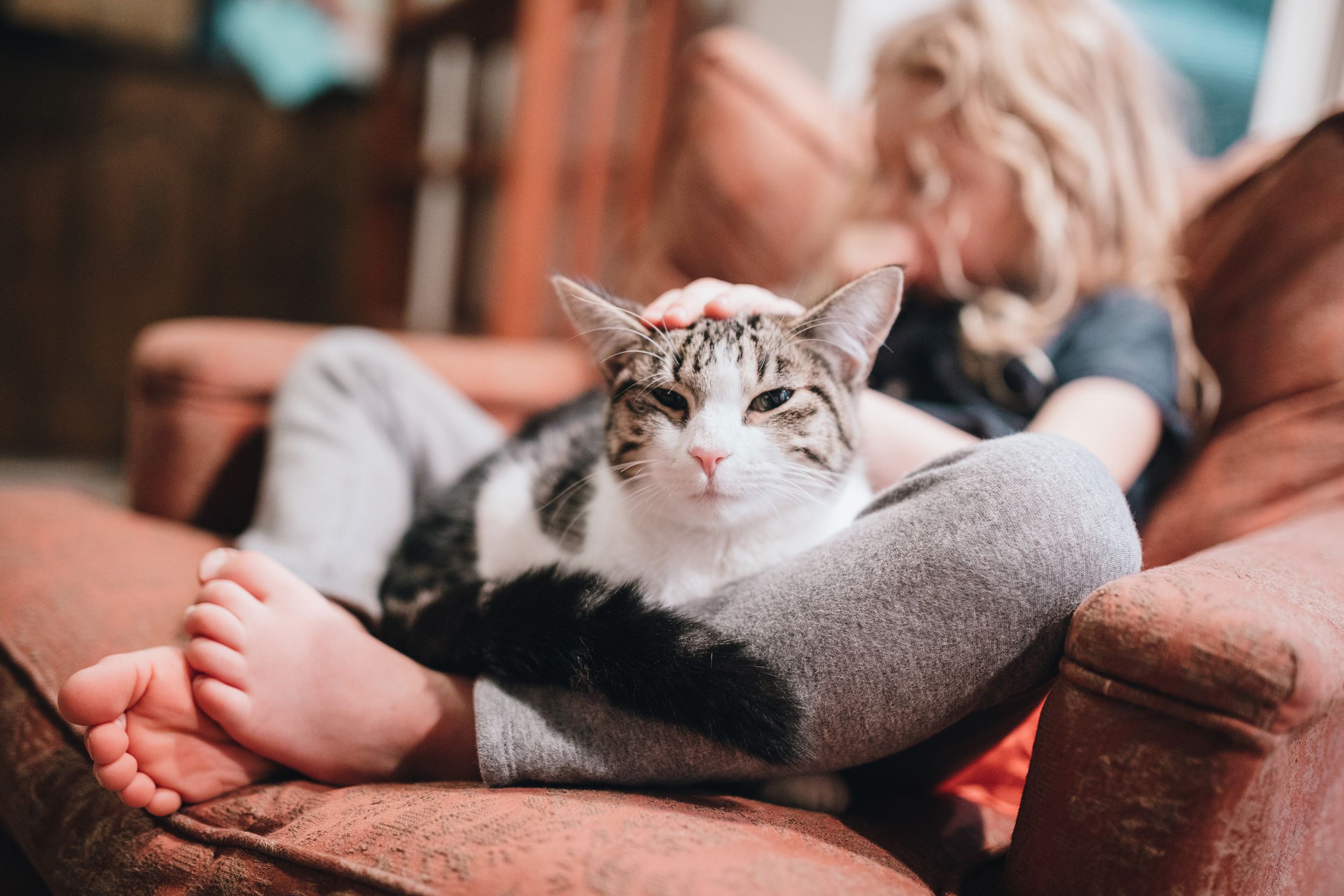
Animals, particularly cats and dogs, are great companions in anxious times. Stroking a cat or dog reduces blood pressure and provides a nice sensory experience for all parties. Other forms of relaxing activities include:
– Brushing your hair – Getting a massage, pedicure or facial – Taking a warm bath or shower – Rocking in a chair – Having sex or pleasuring yourself
SEEK SUPPORT AND COMFORT
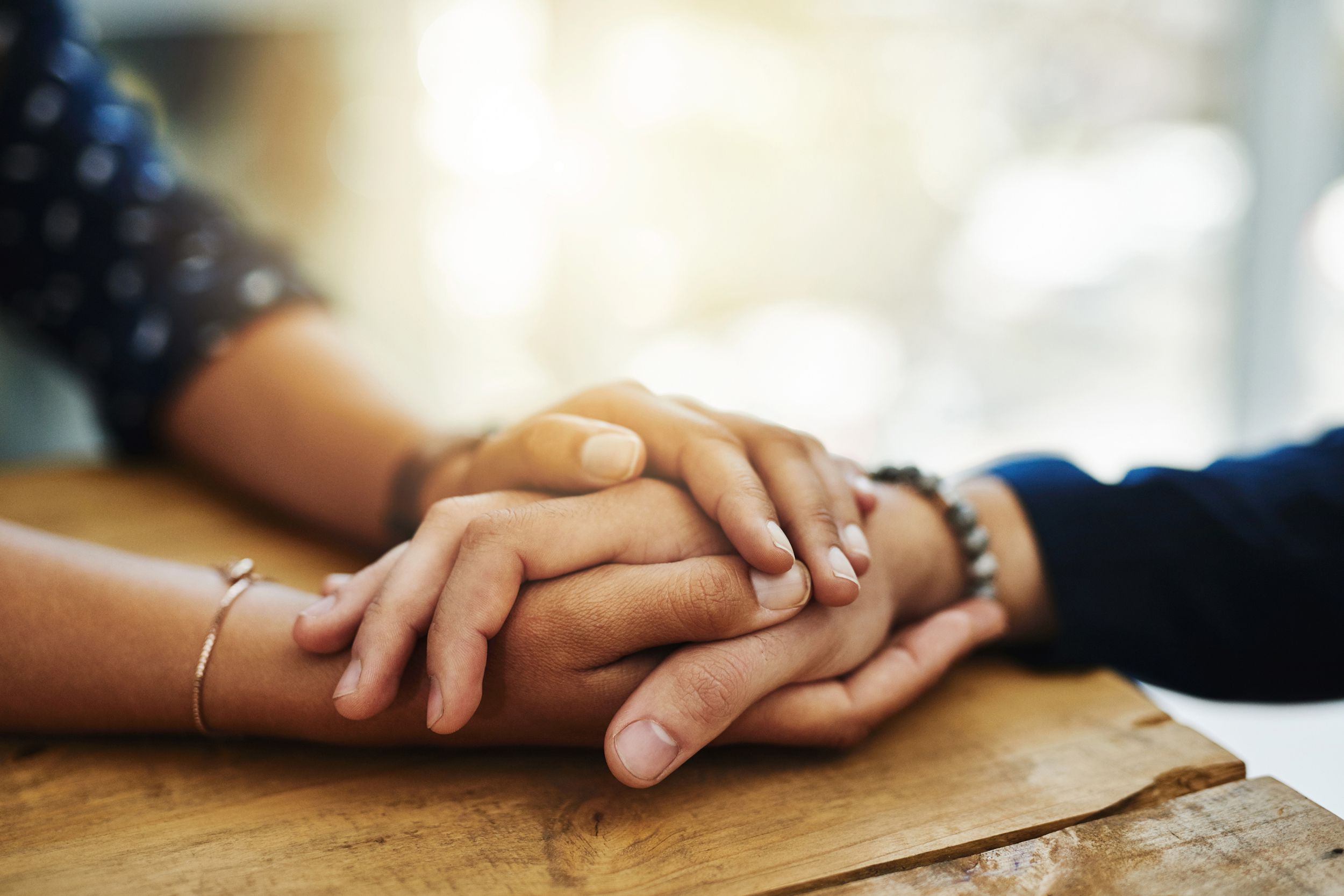
ADD TO YOUR SELF-CARE TOOLKIT

The best way to minimize your lifetime risk for anxiety is to have a good baseline strategy for self-care. If you have a healthy sleeping and eating routine, a pattern of regular exercise, adequate personal time, and a good social network, you are already managing anxiety. If not, here are some strategies to consider:
– Get your sleep. There is a clear relationship between sleep quality, mood stability and emotional resilience. – Maintain an eating routine that includes regular meal times and reduced consumption of sugar and caffeine. Low blood sugar levels increase anxiety. Low or fluctuating levels of blood sugar increase the likelihood of panic episodes, as does caffeine use. – Exercise regularly. Exercise reduces the level of cortisol and adrenaline in your system, and it increases production of other mood stabilizing elements. – Monitor your alcohol consumption. Alcohol reduces levels of anxiety initially, but as alcohol levels drop, anxiety levels can actually increase over their initial baseline. – Build a good social network. Interpersonal connection is beneficial in reducing isolation. – Place yourself in novel situations to increase your comfort with new circumstances. Engaging with the unfamiliar builds your trust in your capacity to navigate surprises. – Sing in the shower and look for opportunities for a good belly laugh. Both of these activities provide an endorphin release. A good sense of humor also provides a healthy perspective and emotional resilience.
FIND A PEACEFUL CO-EXISTENCE







